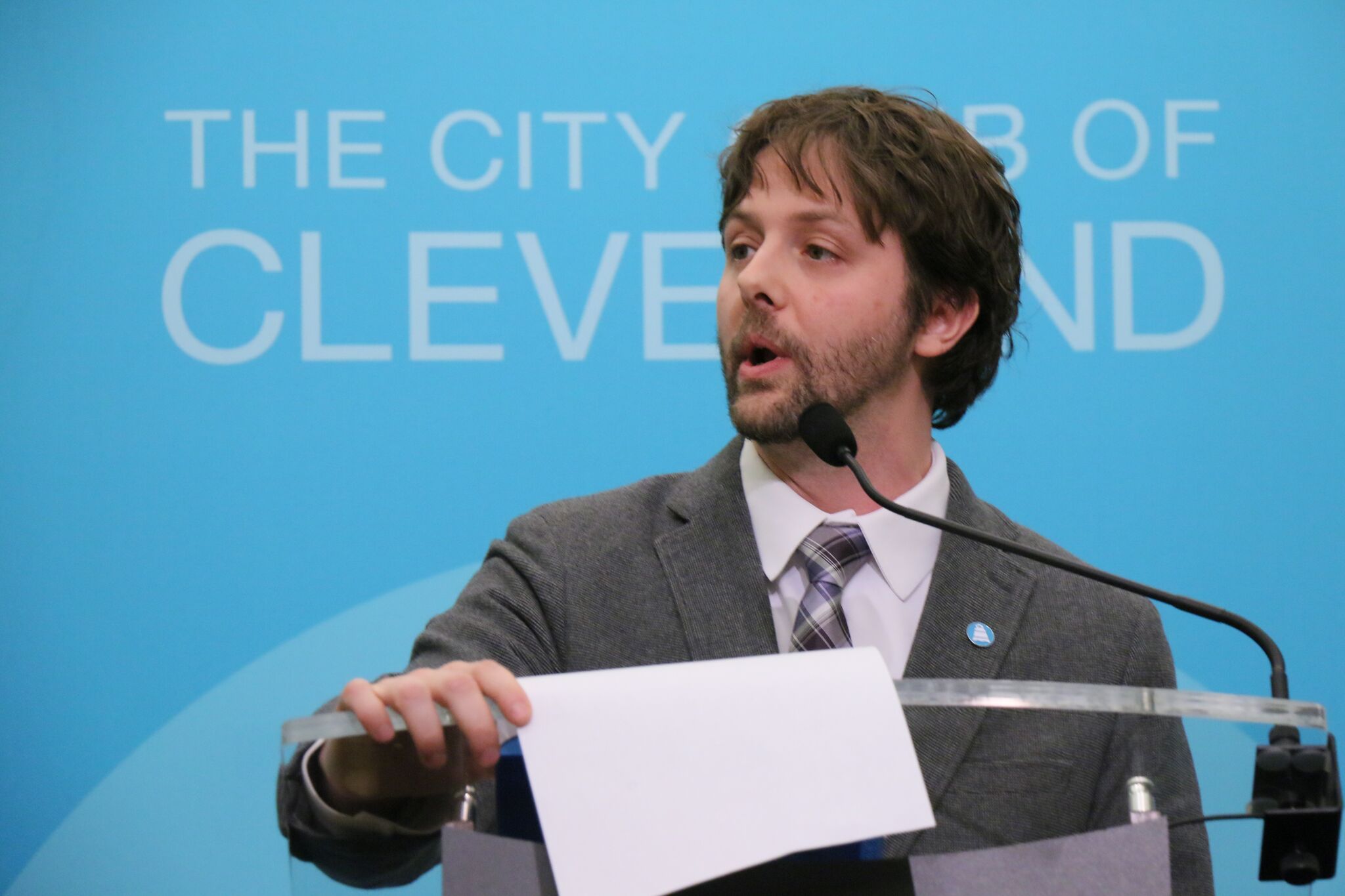




The purpose of this session is to inspire ISTE educators to connect with each other on inclusive models for computer science education and to learn from other models existing in the field. The session will provide examples of how game development studies and other strategies can be used as a platform to invite students of all backgrounds to find their confidence and joy in STEM. Grace Collins, of Snowbright Studio, Ed Kim from the Mastery School of Hawken high school, Jeremy Shorr of TIES, and Ciara Hamagishi of Unity Technologies will discuss ways that educators can tap into fun and inviting tools and practices that support students from traditionally underrepresented backgrounds, including LGBTQ+ and gender diverse students.
A. Welcome and introduction to Inclusive Models for Computer Science & Game Design Education (5 mins)
-Ciara Hamagishi, moderator, introduces the session focus and objectives
-Introduce self and speakers, Grace Collins of Snowbright Studio, Ed Kim from the Mastery School of Hawken, and Jeremy Shorr from TIES
B. Context for the discussion – the landscape for game development and STEM careers (5 mins)
-How games careers are growing and games devs earn good incomes (landscape of games jobs)
-Why STEM fields are important for students to explore (jobs stats, economic mobility stats, tech skills gaps and the growing talent shortage)
-How games development studies engage learners in STEM fields, often serving as the launchpad to other tech learning and further creative expression
C. Gender and LGBTQ+ underrepresentation in game development workforce and in STEM fields (10 mins)
-How games development learning yields transferable tech and 21st century skills
-How women and LGBTQ+ creators are underrepresented in the games development field AND in STEM fields in general.
-How we can address this problem by delivering inclusive games development learning opportunities for students, starting in secondary education.
D. Engaging underserved students in interdisciplinary learning to support STEM education (20 mins)
-How can interdisciplinary learning connect with computer science education and game-based education?
-How do students’ identities affect learning contexts and environments
-Case study: interdisciplinary educator
-Case study: district and school models in Title I schools
E. How educators here at ISTE can create more inclusive learning models (10 mins)
-Share out via mobile collaboration site
-Best practices to take back to their classrooms (include links to resources doc)
-How to access other free resources
F.Q&A (10 mins)
Bowling, Jessamyn, et al. "'It just feels right': Perceptions of the effects of community connectedness among trans individuals." PLoS ONE, vol. 15, no. 10, 2020, p. e0240295. Gale Academic OneFile, https://link.gale.com/apps/doc/A637508302/AONE?u=j043905010&sid=AONE&xid=c04c5a73. Accessed 7 Oct. 2020.
Gillig, Traci K., and Sheila T. Murphy. "Fostering support for LGBTQ Youth? The effects of a gay adolescent media portrayal on young viewers." International journal of communication [Online], 2016, p. 3828+. Gale Academic OneFile, https://link.gale.com/apps/doc/A491909946/AONE?u=j043905010&sid=AONE&xid=2727f735. Accessed 7 Oct. 2020.
Khan, Mudasar, et al. "CHALLENGES FACING LGBTQ YOUTH." Georgetown Journal of Gender and the Law, vol. 18, no. 3, 2017, p. 475+. Gale Academic OneFile, https://link.gale.com/apps/doc/A528328738/AONE?u=j043905010&sid=AONE&xid=196f9593. Accessed 7 Oct. 2020.
Proctor, Sherrie L. "Intersectionality as a Prism for Situating Social Justice at the Intersection of Marginalization and Discrimination." Communique, vol. 49, no. 1, Sept. 2020, p. 1+. Gale Academic OneFile, https://link.gale.com/apps/doc/A635067586/AONE?u=j043905010&sid=AONE&xid=6bd6dfe6. Accessed 7 Oct. 2020.
Pronouns, EduPrideAlliance. "Edupridealliance - Pronouns". Edupridealliance.Org, 2020, https://www.edupridealliance.org/twitter-chats/pronouns. Accessed 7 Oct 2020.
Terminology, EduPrideAlliance. "Edupridealliance - Terminology". Edupridealliance.Org, 2020, https://www.edupridealliance.org/twitter-chats/terminology. Accessed 7 Oct 2020.
Wallace, Emma. "The School Library as Sanctuary Supporting Students' Social and Emotional Wellbeing." School Librarian, vol. 68, no. 3, Autumn 2020, p. 131+. Gale Academic OneFile, https://link.gale.com/apps/doc/A635159366/AONE?u=j043905010&sid=AONE&xid=cd1626e8. Accessed 7 Oct. 2020.
https://www.psychologytoday.com/us/blog/all-things-lgbtq/201711/why-visibility-matters
https://www.bcg.com/publications/2020/inclusive-cultures-must-follow-new-lgbtq-workforce
https://decaturian.com/views/2019/10/07/why-lgbtq-representation-matters-going-beyond-the-token-gay-friend/